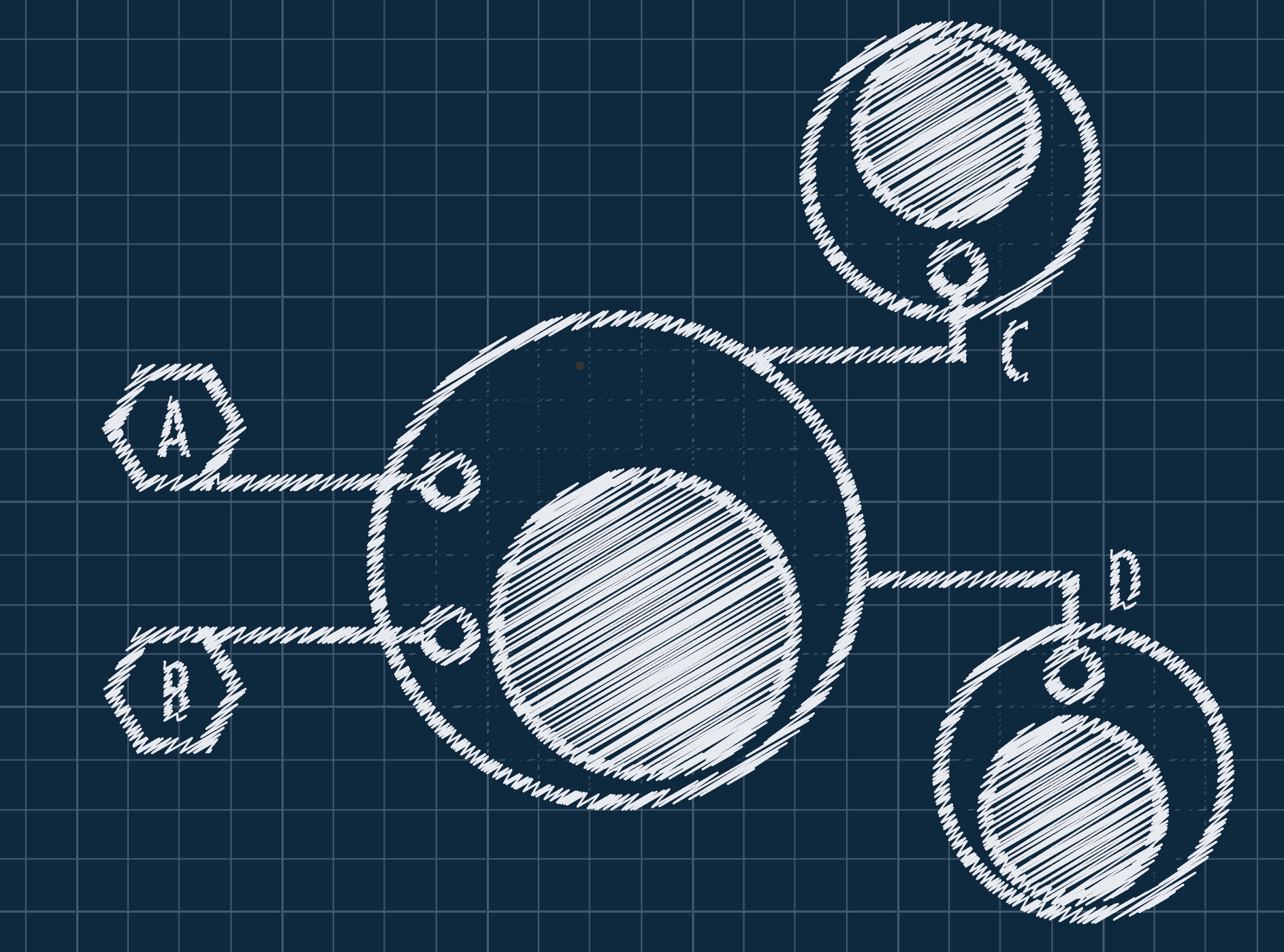
Universal CARs
Universal chimeric antigen receptors (CARs) are a highly programmable therapeutic that can be post-translationally target any cell surface antigen(s) of interest. Instead of directly binding to antigens, universal CARs are co-administered with adaptor molecules that directly recognize target antigens. We have recently reported the development of unique universal CARs - SNAP-CAR and SNAP-synNotch that covalently assemble with antibody adaptors. SNAP-CAR targets T cell signaling and SNAP-synNotch turns on a designer gene program. Several projects in the lab are underway extending this work including: 1. targeting of specific antigens for clinical application, 2. conditional control of universal receptor activity for increased specificity, and 3. extending the arsenal of targeting adaptors beyond antibody-based binders.
Synthetic Gene Circuits and Novel Receptors
In many ways cells can be viewed as highly complex computers, constantly sensing and signaling in response to various biological and environmental stimuli. We aim to re-wire existing signaling networks engineering novel receptors and gene circuitry. In addition to changing what inputs are being sensed and what outputs are being produced in response, we are focused on engineering gene circuits capable of different control system behaviors such as feedback control and filtering. These will allow for sophisticated gene response behaviors that can outperform simple therapeutic over-expression, or targeted inhibition.
Engineering Cell Communication
The natural human immune response is orchestrated by multiple immune cell types and coordinated through intercellular communication. This design implements a division of labor that enables cells to respond to different biological inputs and make a coordinated decision on how to react and amplify individual cell responses. In contrast, most engineered cell therapy approaches have no such division of labor and coordination: individual cells are engineered with one or more receptors to carry out a uniform function. Drawing inspiration from the natural immune response, we are developing a new platform of synthetic intercellular communication in which engineered T cells are rationally designed to mount a coordinated response. Such systems are of particular interest for treating solid tumors, for which engineered T cells have had limited success due to challenges including tumor localization and immune-suppressive cells and signals in the tumor- microenvironment (TME).




